Home / world / Powerful Earthquake Shakes Japan, Tsunami Warning Alarms Coastal Communities
Powerful Earthquake Shakes Japan, Tsunami Warning Alarms Coastal Communities
By: My India Times
3 minutes read 85Updated At: 2024-12-06
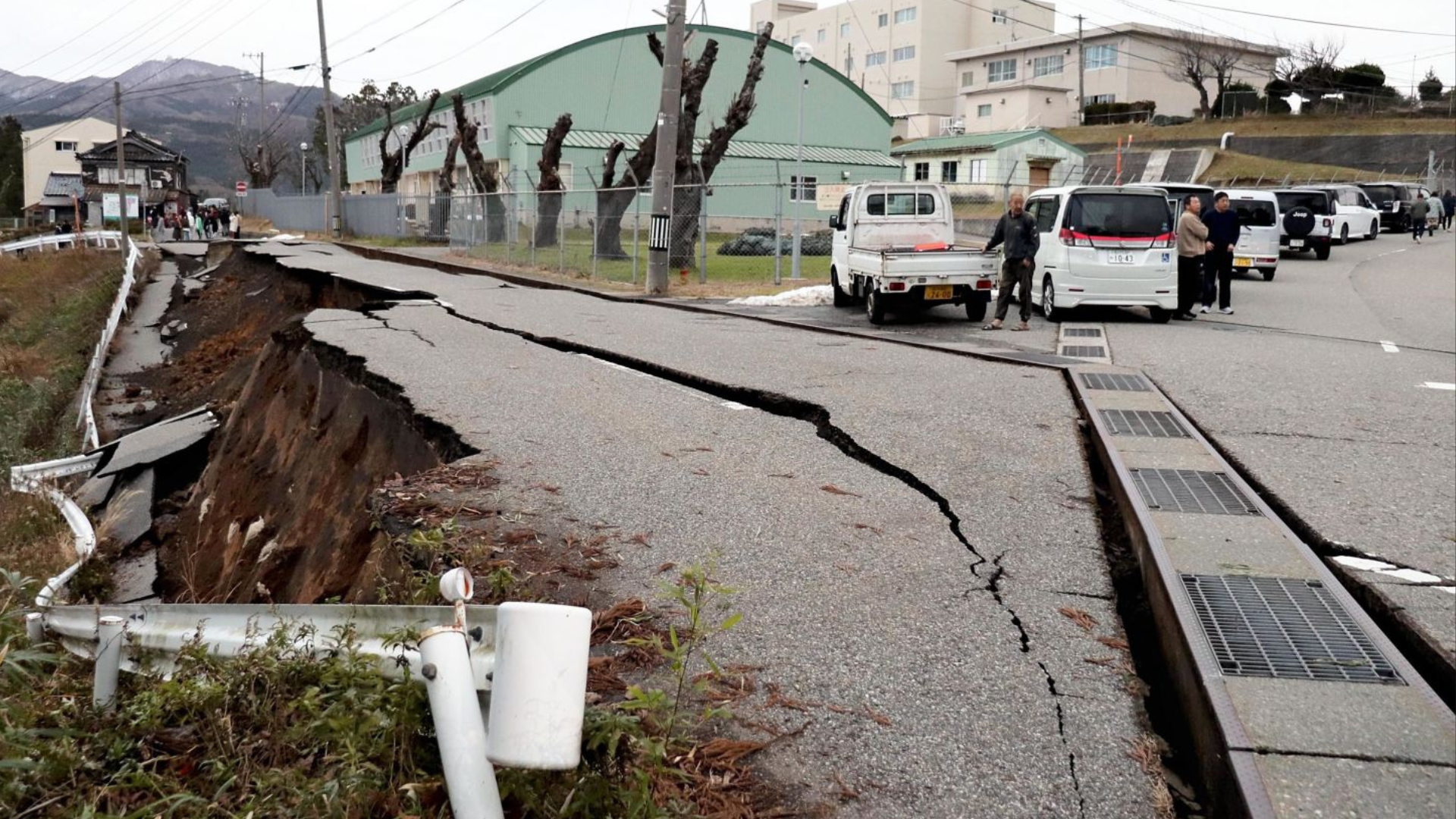
Tokyo, Japan, December 6, 2024, 3:45 PM JST: A massive 7.2 magnitude earthquake struck Japan's northeastern coast this afternoon, shaking cities, disrupting lives, and triggering a tsunami warning that sent shockwaves of fear through coastal communities. The Japan Meteorological Agency (JMA) immediately issued evacuation alerts, urging residents to move to higher ground as waves up to 3 meters high were predicted.
The quake, which struck at 3:45 PM, had its epicenter in Miyagi Prefecture, approximately 60 kilometers offshore, at a depth of 40 kilometers. Tremors were felt as far away as Tokyo, causing high-rise buildings to sway and prompting widespread panic.
"It Felt Like the World Was Ending": Frantic Evacuations
In Sendai, Miyagi's capital, residents spilled into the streets, many clutching their emergency bags. Satomi Tanaka, a shopkeeper near the coast, described the moment the sirens began to wail:
"I was at work when everything started shaking. I froze, then ran. The tsunami warning was terrifying. Everyone rushed to the evacuation center—it felt like the world was ending."
In neighboring fishing towns, boats were hastily pulled ashore, and families fled to higher ground. One fisherman, Hideki Morimoto, shared his ordeal:
"The sea was acting strange, pulling back and surging forward violently. I’ve never seen anything like it. We had no choice but to abandon everything and run."
Immediate Impact
Initial reports confirm structural damage to buildings near the epicenter. In Ishinomaki, several houses collapsed, and roads cracked under the quake's force. Power outages have affected thousands, with blackouts reported in parts of Miyagi and Iwate Prefectures.
Transportation networks were paralyzed, with bullet train services suspended and airports in Sendai and nearby regions temporarily halting operations. Coastal highways were packed as residents fled inland.
How to Stay Safe Amid Tsunami Warnings
Authorities have emphasized the importance of immediate action:
Evacuate Immediately:
If you are near the coast, head to higher ground or evacuation centers without delay.
Stay Informed:
Keep track of updates from the JMA and local authorities through emergency broadcasts or apps.
Avoid Danger Zones:
Do not return to beaches, rivers, or ports until the all-clear is issued.
Emergency Kits:
Carry essentials like water, food, flashlights, and medications.
Help Others:
Assist elderly neighbors, children, and anyone struggling to evacuate.
Government and Rescue Efforts in Action
Prime Minister Fumio Kishida held an emergency press briefing shortly after the quake, assuring citizens that every measure was being taken to safeguard lives.
"We are mobilizing all resources, including the Self-Defense Forces, to assist with evacuations and rescue operations. The government is committed to ensuring the safety of every resident," the Prime Minister stated.
Evacuation shelters have been opened in schools, community centers, and temples across the affected regions, offering food, blankets, and medical aid. The response teams are prepared to tackle aftershocks and any additional waves.
Resilience Amid the Chaos
Japan, situated on the Pacific Ring of Fire, faces earthquakes frequently, yet its people display remarkable resilience. While past disasters like the 2011 Great East Japan Earthquake have left scars, they’ve also strengthened the nation’s preparedness.
Residents are urged to remain vigilant, as aftershocks and multiple tsunami waves may follow. For many, this disaster is a stark reminder of nature’s power—but also of human courage in the face of adversity.
This is a developing story. Stay tuned for updates as the situation unfolds.
....Tokyo, Japan, December 6, 2024, 3:45 PM JST: A massive 7.2 magnitude earthquake struck Japan's northeastern coast this afternoon, shaking cities, disrupting lives, and triggering a tsunami warning that sent shockwaves of fear through coastal communities. The Japan Meteorological Agency (JMA) immediately issued evacuation alerts, urging residents to move to higher ground as waves up to 3 meters high were predicted.
The quake, which struck at 3:45 PM, had its epicenter in Miyagi Prefecture, approximately 60 kilometers offshore, at a depth of 40 kilometers. Tremors were felt as far away as Tokyo, causing high-rise buildings to sway and prompting widespread panic.
"It Felt Like the World Was Ending": Frantic Evacuations
In Sendai, Miyagi's capital, residents spilled into the streets, many clutching their emergency bags. Satomi Tanaka, a shopkeeper near the coast, described the moment the sirens began to wail:
"I was at work when everything started shaking. I froze, then ran. The tsunami warning was terrifying. Everyone rushed to the evacuation center—it felt like the world was ending."
In neighboring fishing towns, boats were hastily pulled ashore, and families fled to higher ground. One fisherman, Hideki Morimoto, shared his ordeal:
"The sea was acting strange, pulling back and surging forward violently. I’ve never seen anything like it. We had no choice but to abandon everything and run."
Immediate Impact
Initial reports confirm structural damage to buildings near the epicenter. In Ishinomaki, several houses collapsed, and roads cracked under the quake's force. Power outages have affected thousands, with blackouts reported in parts of Miyagi and Iwate Prefectures.
Transportation networks were paralyzed, with bullet train services suspended and airports in Sendai and nearby regions temporarily halting operations. Coastal highways were packed as residents fled inland.
How to Stay Safe Amid Tsunami Warnings
Authorities have emphasized the importance of immediate action:
Evacuate Immediately:
If you are near the coast, head to higher ground or evacuation centers without delay.
Stay Informed:
Keep track of updates from the JMA and local authorities through emergency broadcasts or apps.
Avoid Danger Zones:
Do not return to beaches, rivers, or ports until the all-clear is issued.
Emergency Kits:
Carry essentials like water, food, flashlights, and medications.
Help Others:
Assist elderly neighbors, children, and anyone struggling to evacuate.
Government and Rescue Efforts in Action
Prime Minister Fumio Kishida held an emergency press briefing shortly after the quake, assuring citizens that every measure was being taken to safeguard lives.
"We are mobilizing all resources, including the Self-Defense Forces, to assist with evacuations and rescue operations. The government is committed to ensuring the safety of every resident," the Prime Minister stated.
Evacuation shelters have been opened in schools, community centers, and temples across the affected regions, offering food, blankets, and medical aid. The response teams are prepared to tackle aftershocks and any additional waves.
Resilience Amid the Chaos
Japan, situated on the Pacific Ring of Fire, faces earthquakes frequently, yet its people display remarkable resilience. While past disasters like the 2011 Great East Japan Earthquake have left scars, they’ve also strengthened the nation’s preparedness.
Residents are urged to remain vigilant, as aftershocks and multiple tsunami waves may follow. For many, this disaster is a stark reminder of nature’s power—but also of human courage in the face of adversity.
This is a developing story. Stay tuned for updates as the situation unfolds.
By: My India Times
Updated At: 2024-12-06
Tags: world News | My India Times News | Trending News | Travel News
Join our WhatsApp Channel










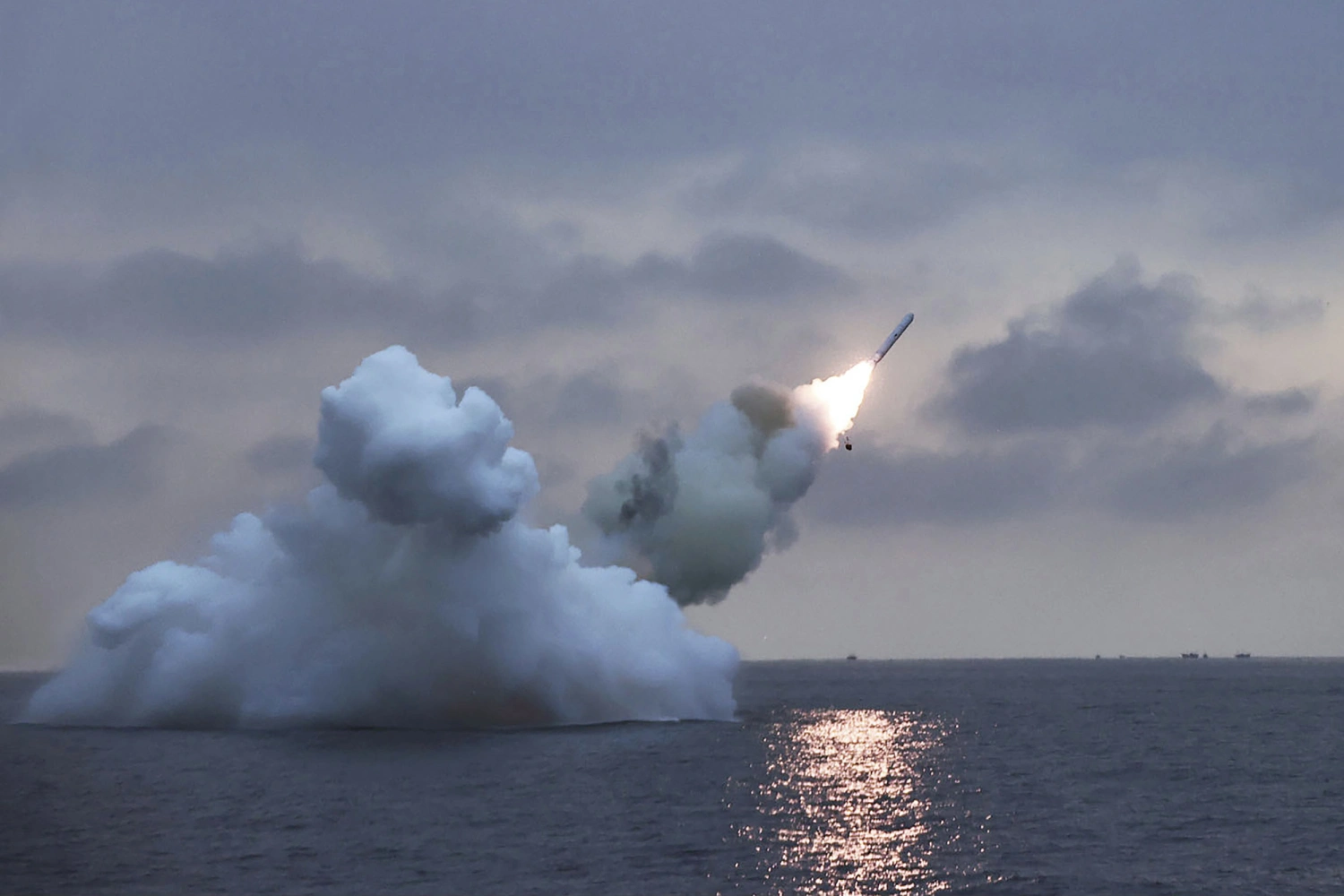



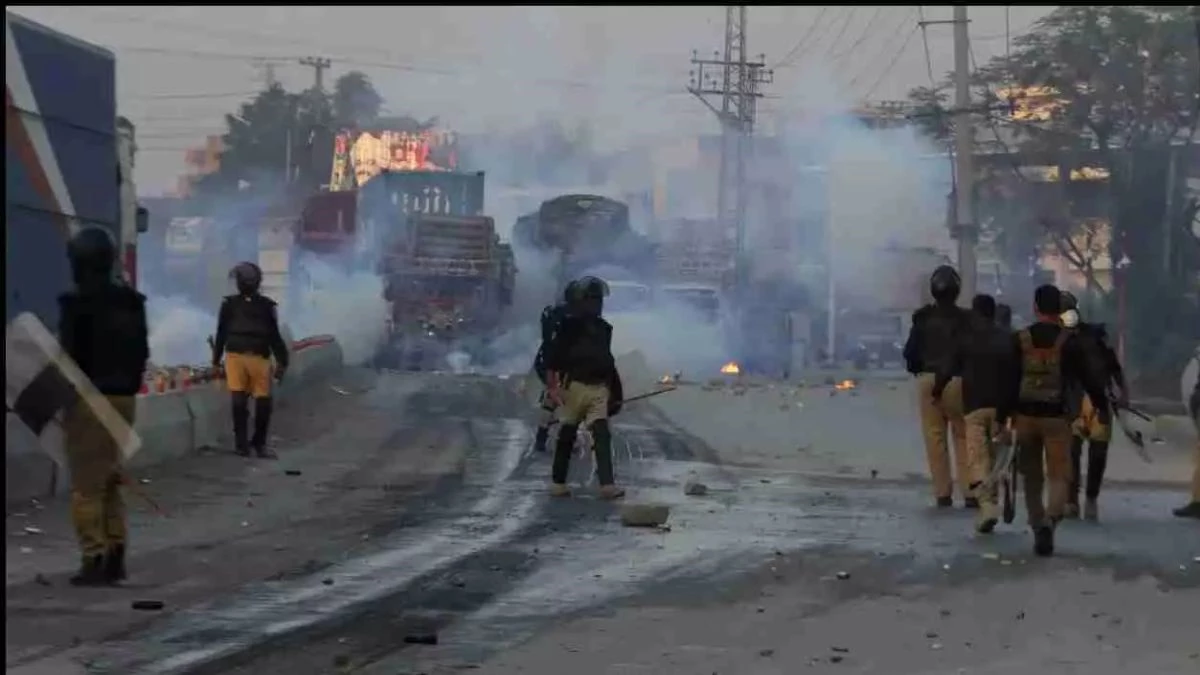
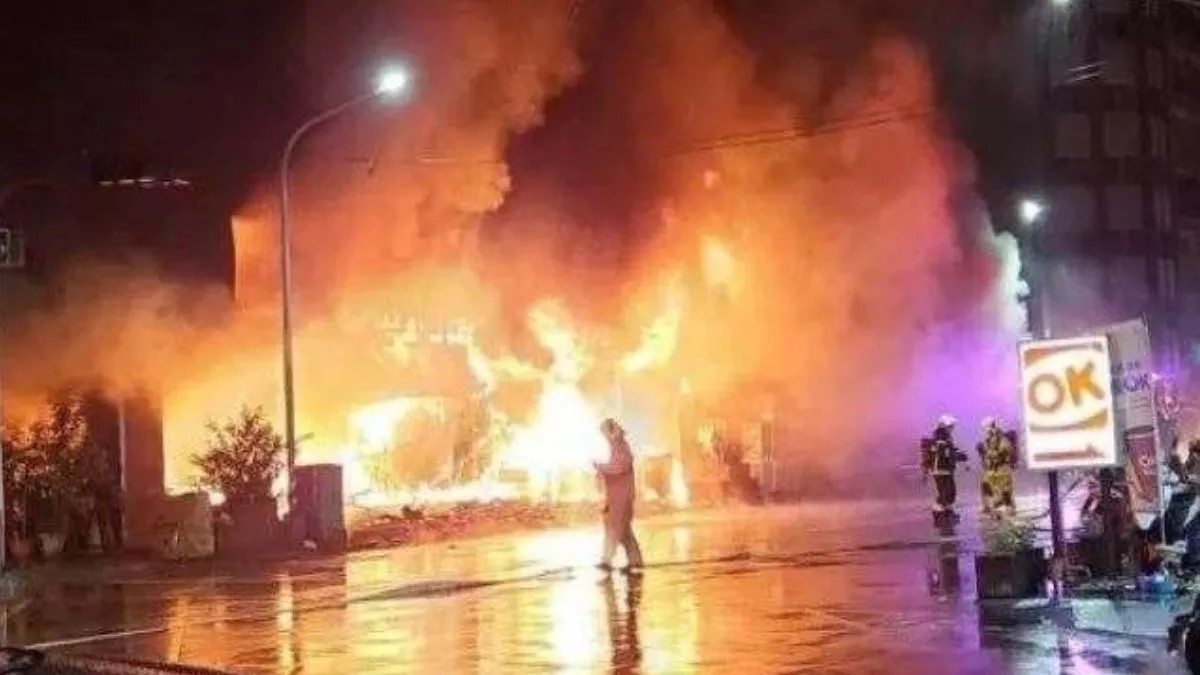
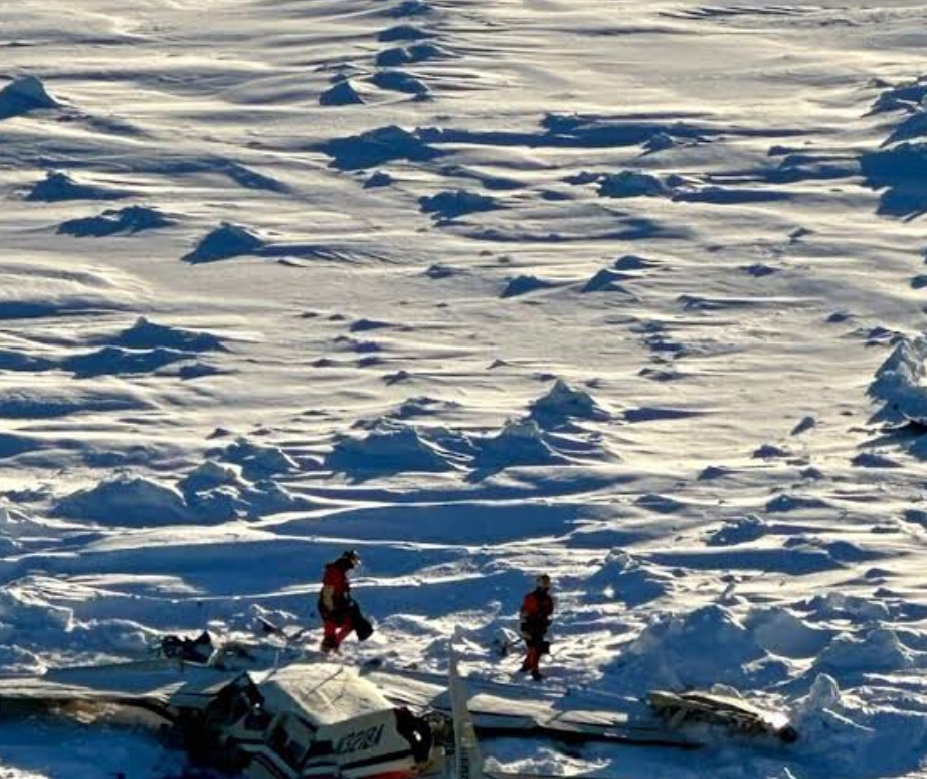

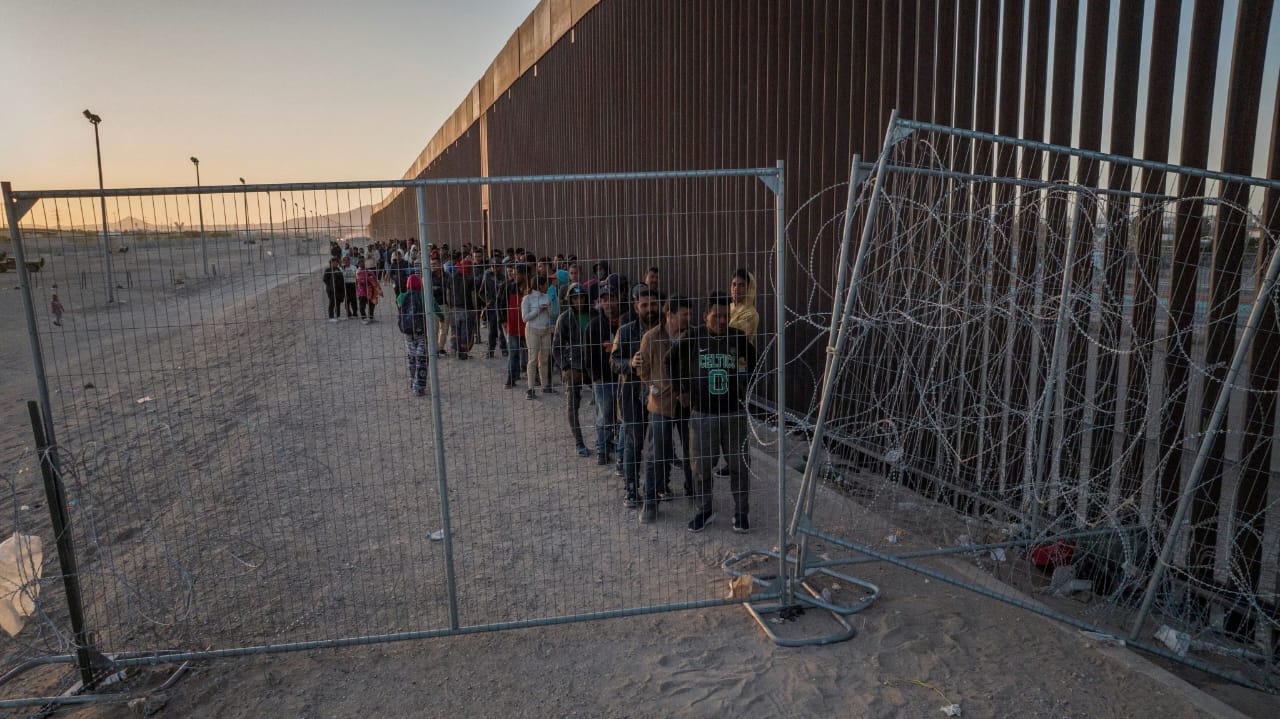

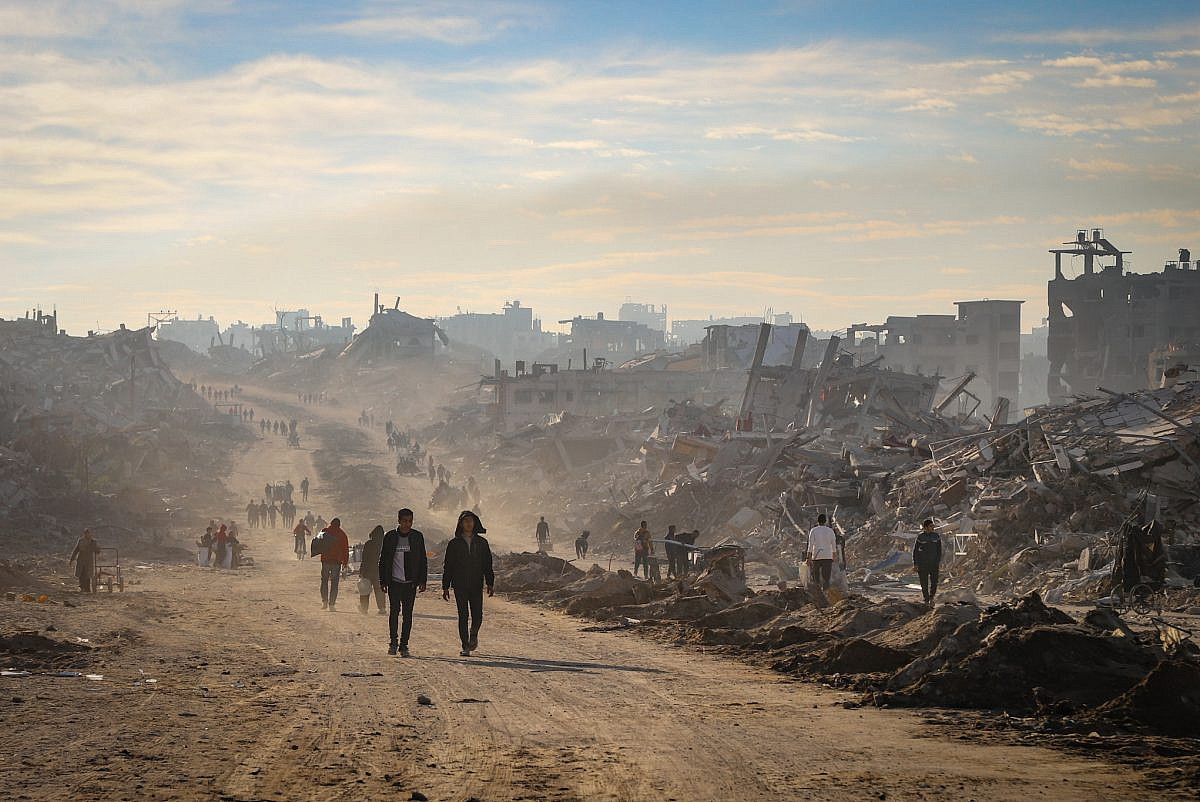

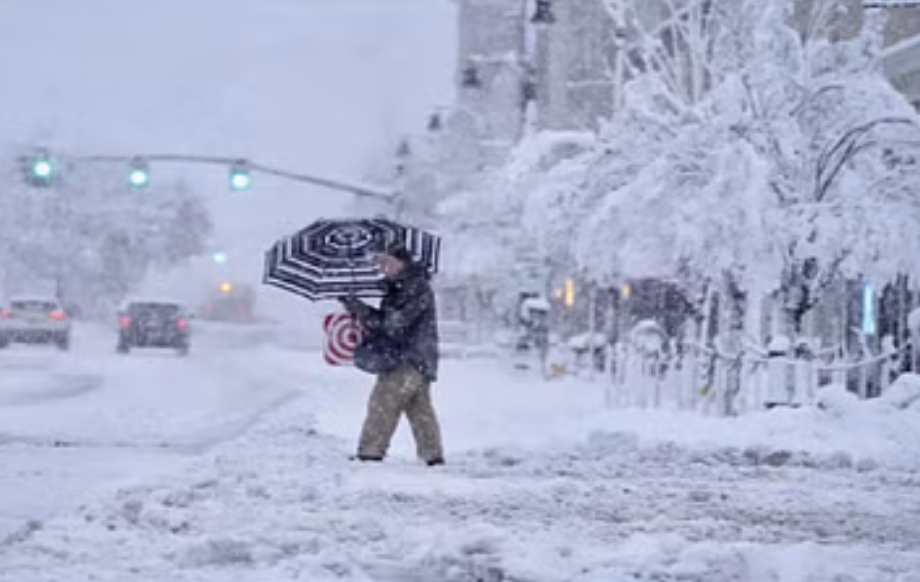
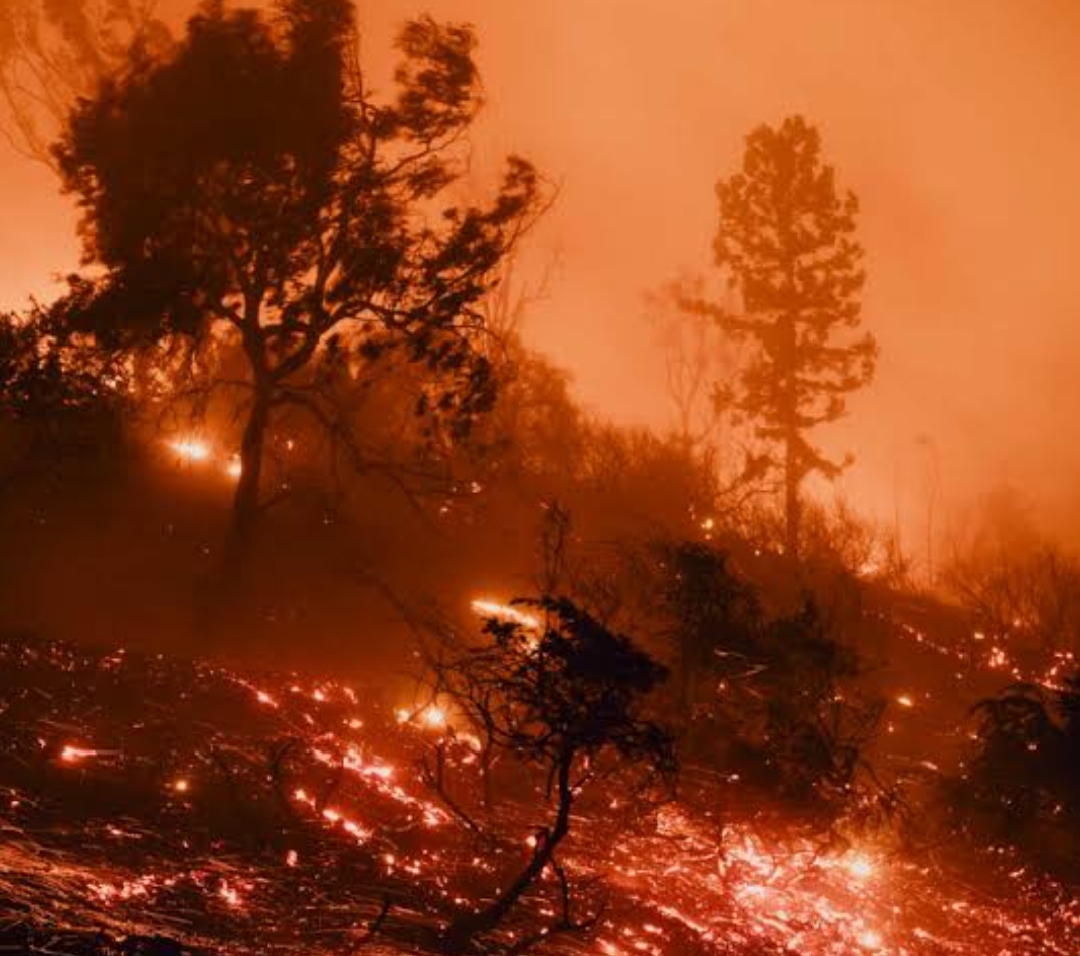



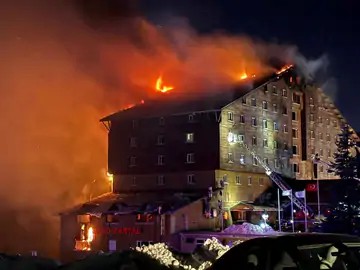
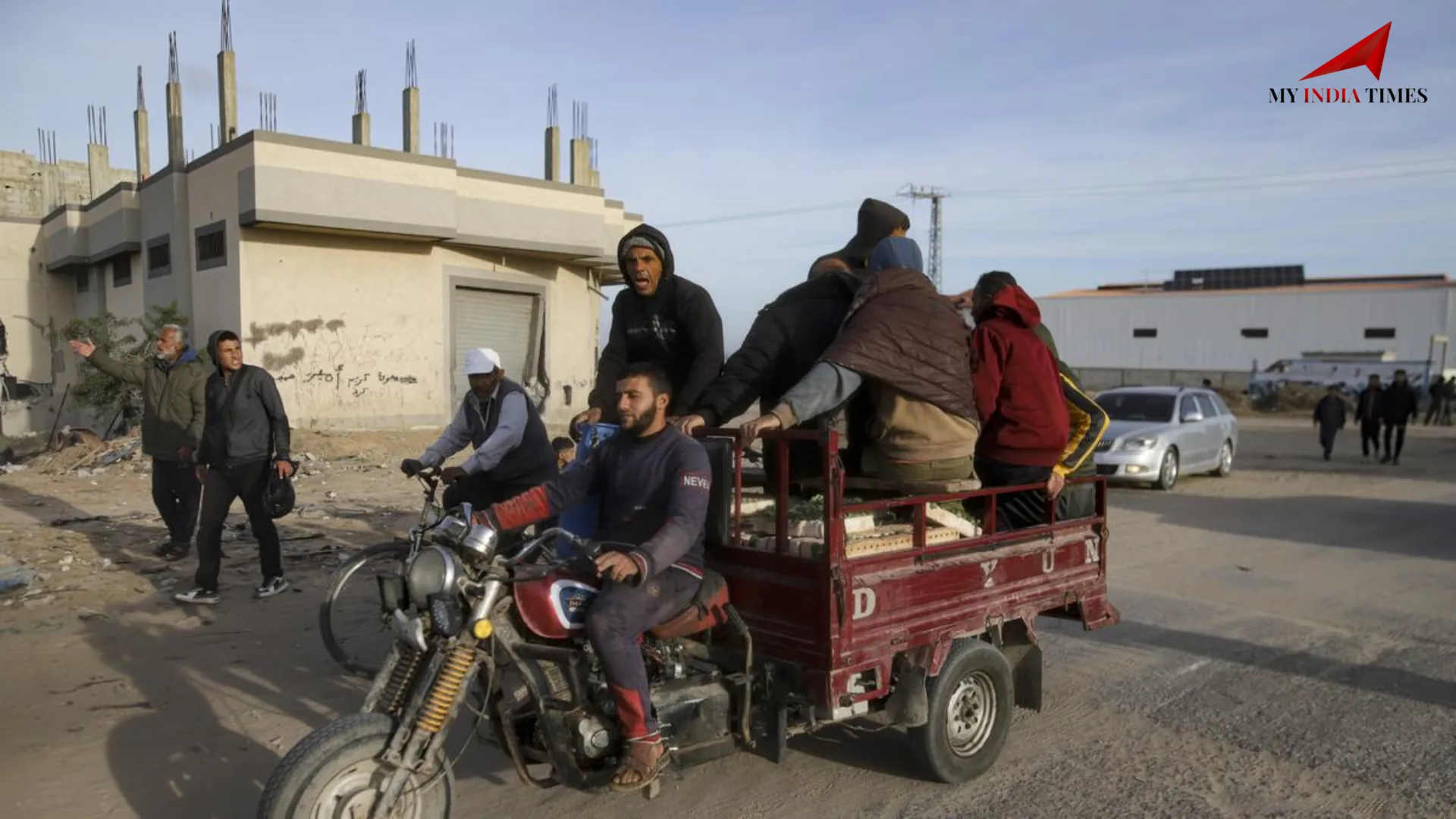


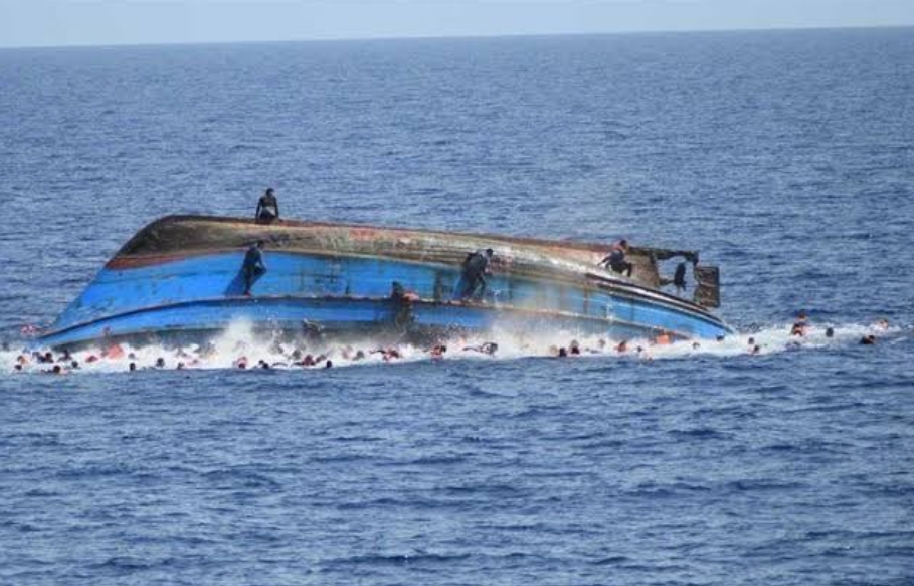

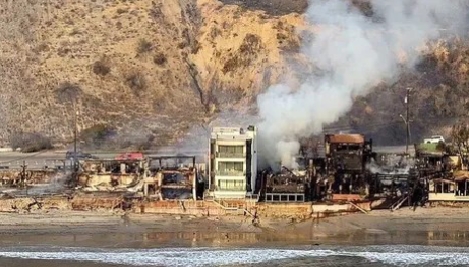

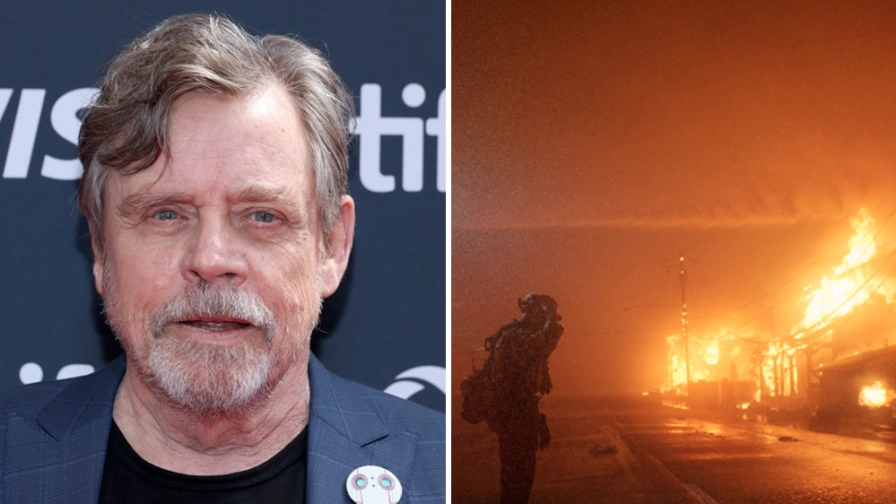

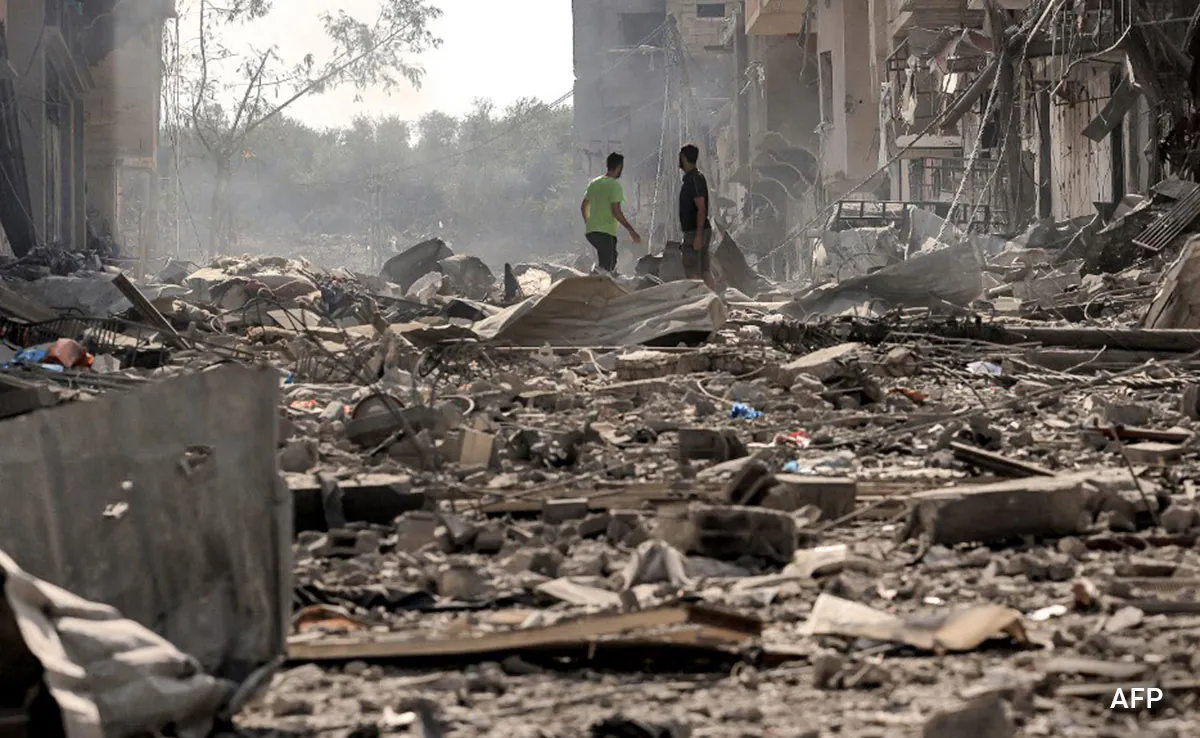



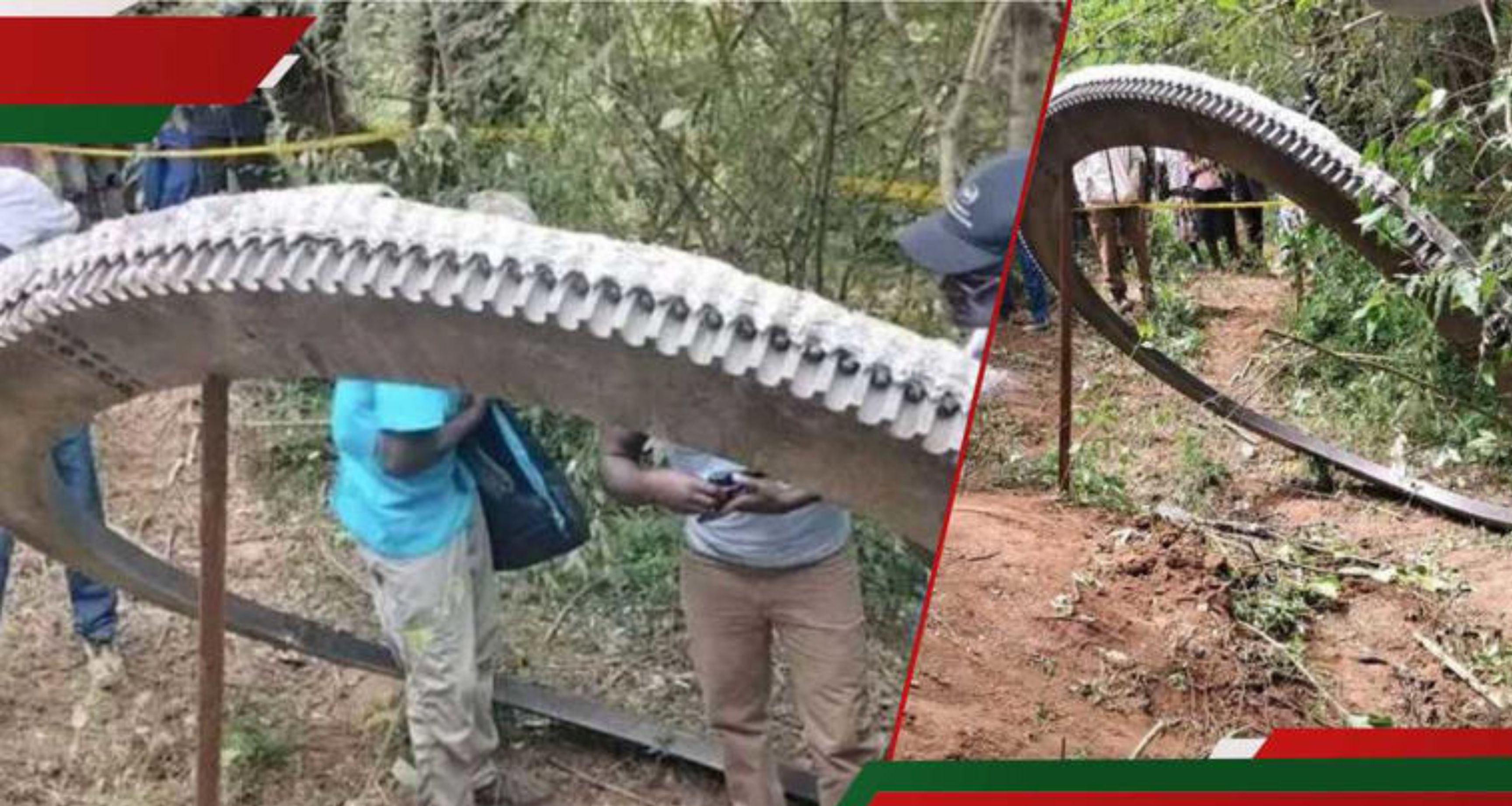
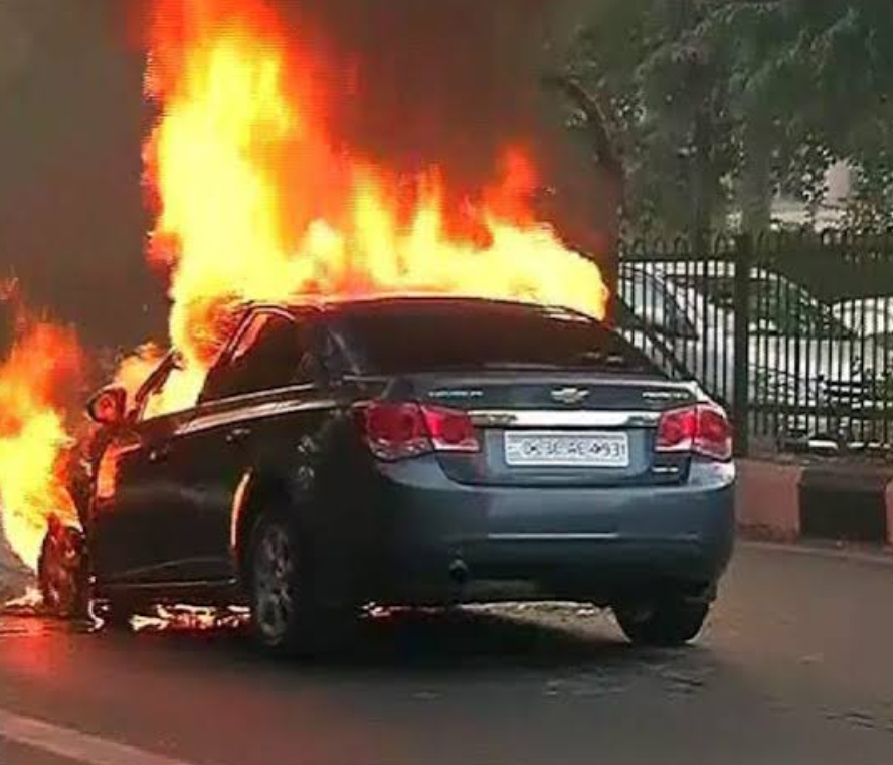
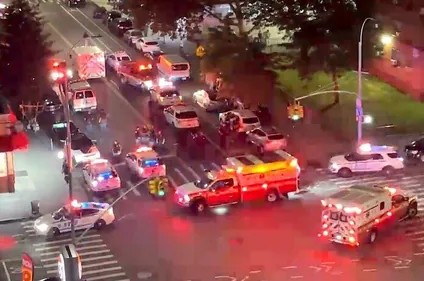

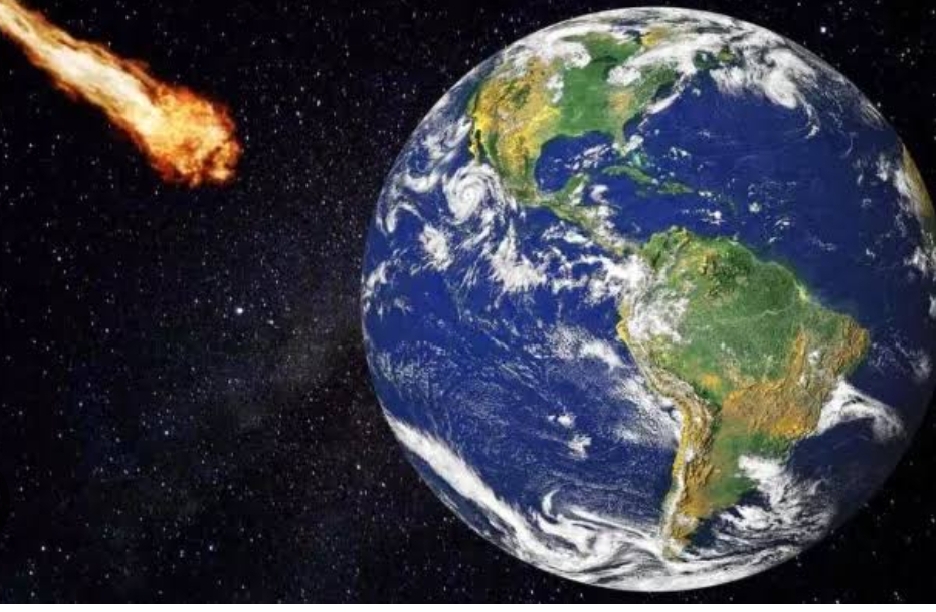
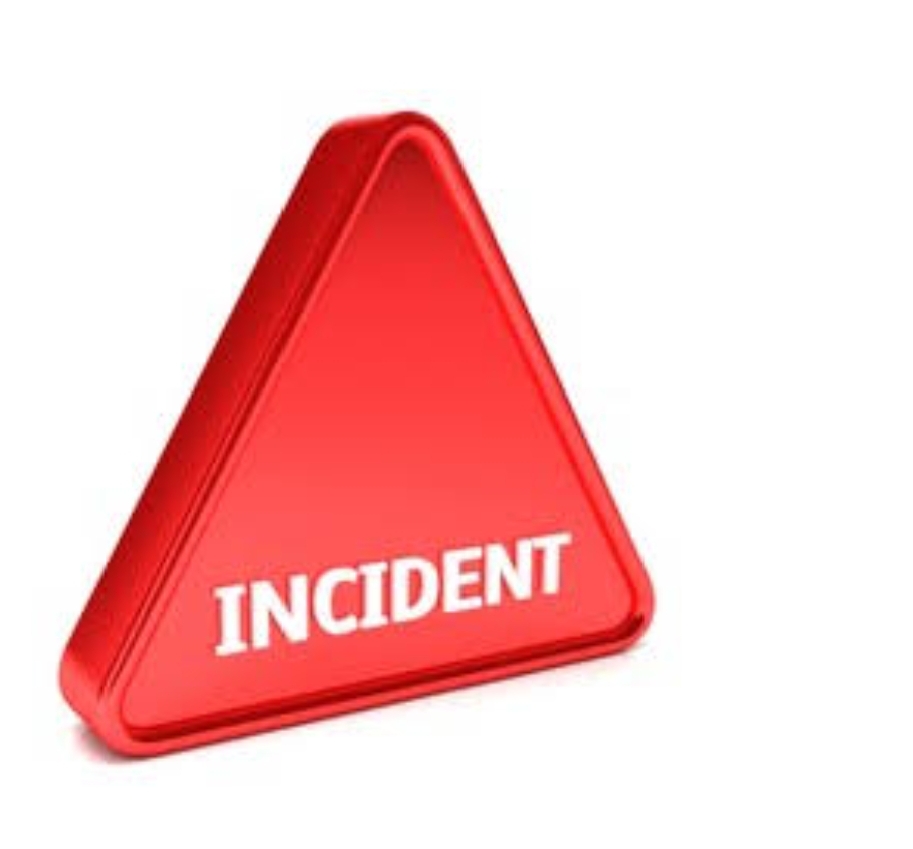



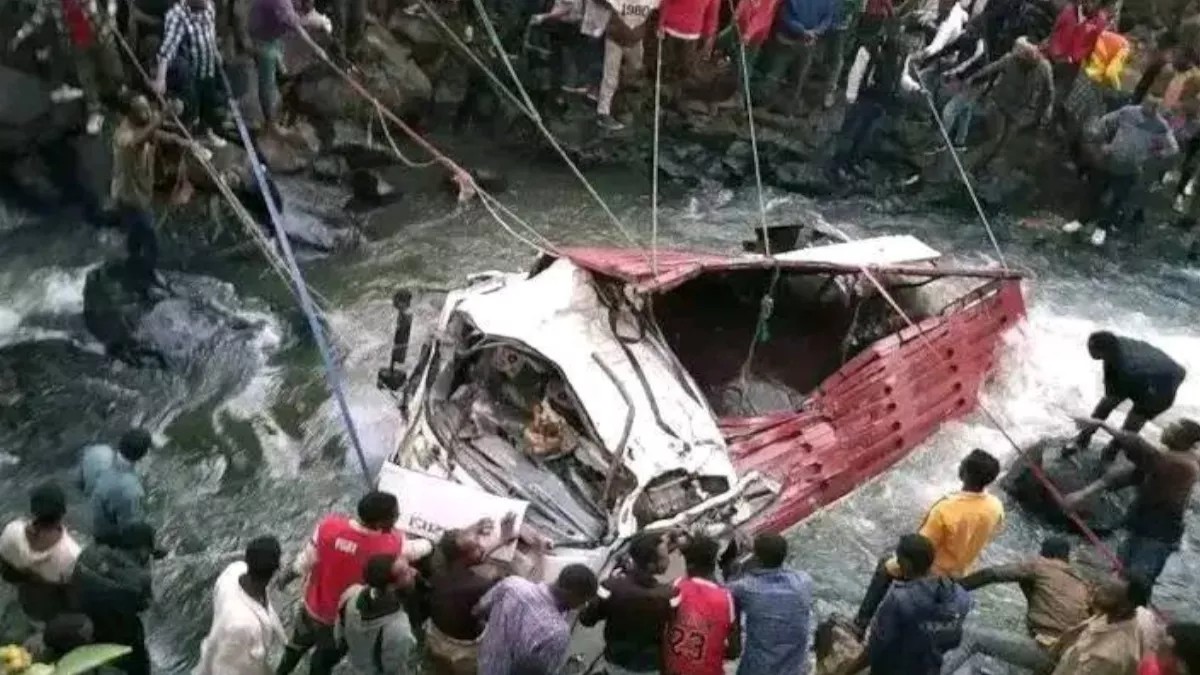
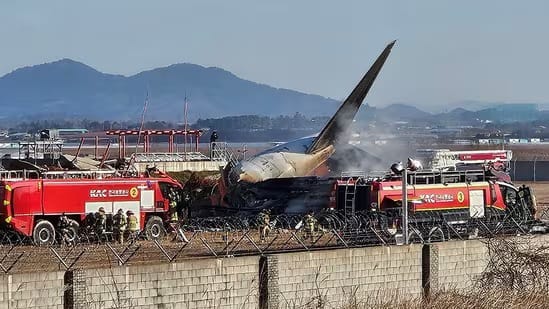
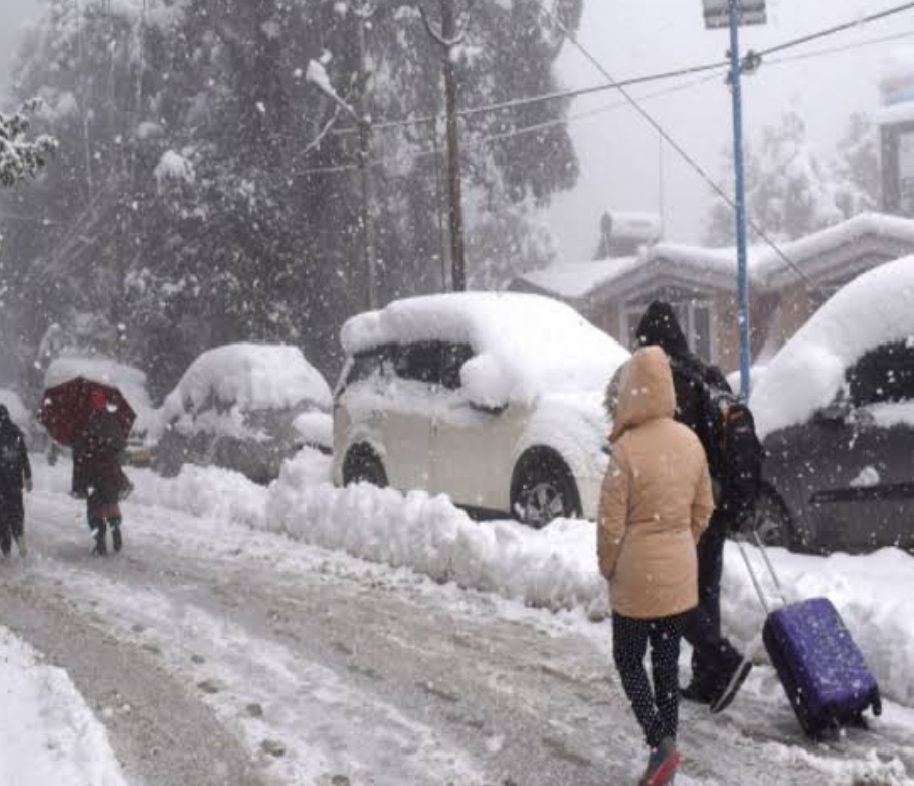
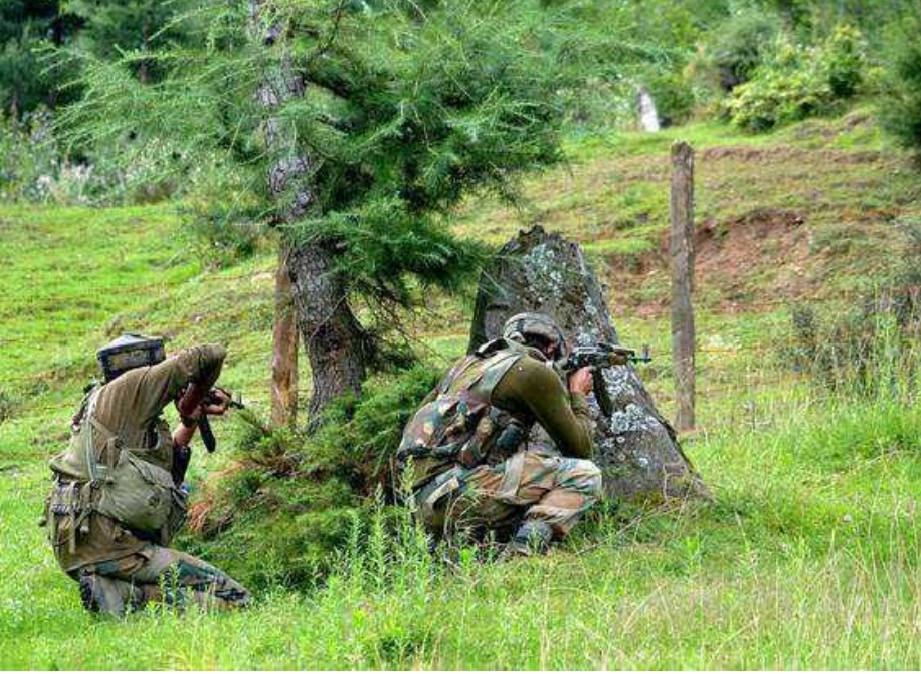


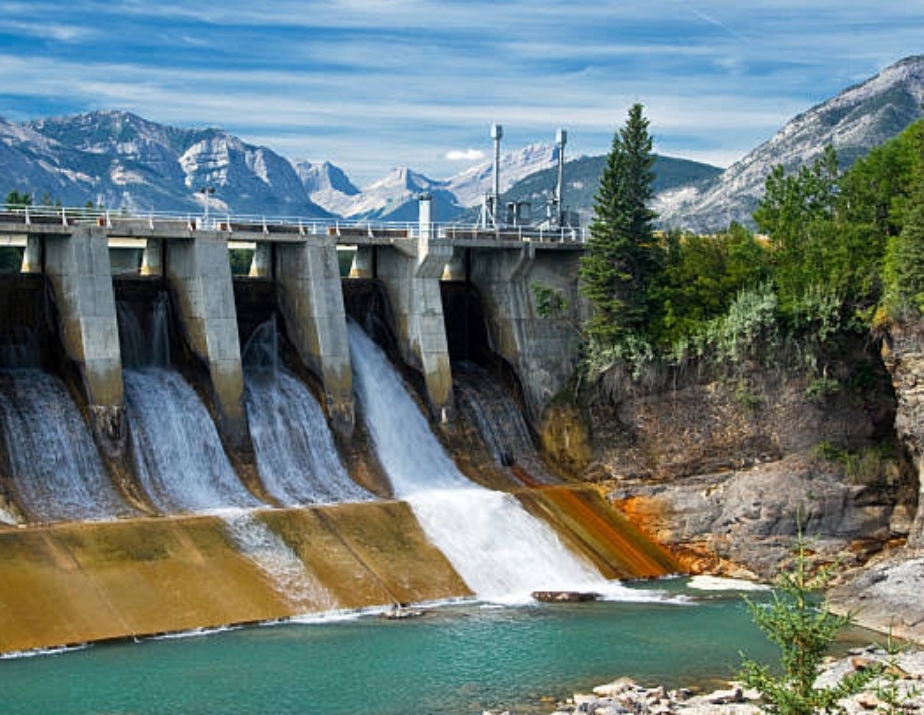
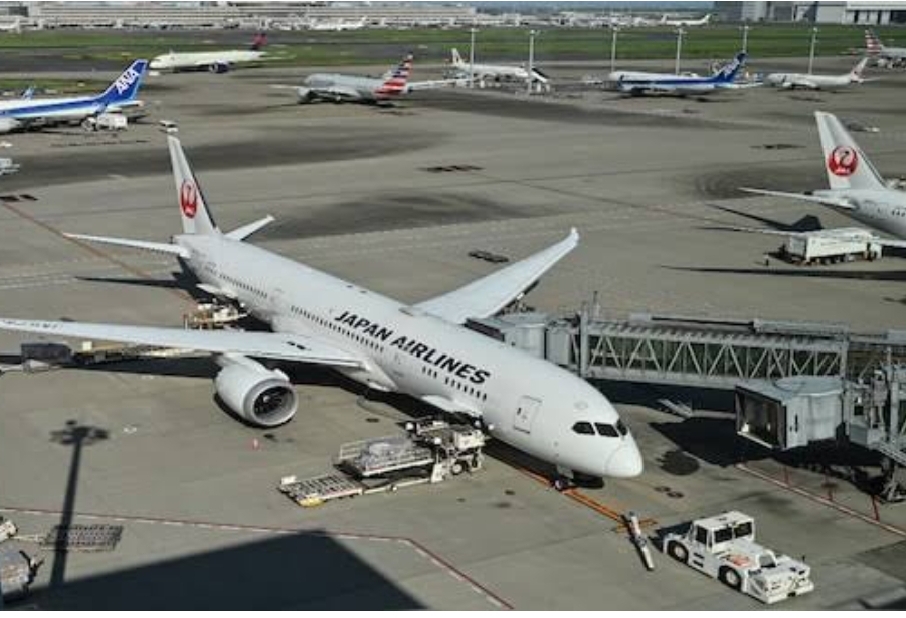
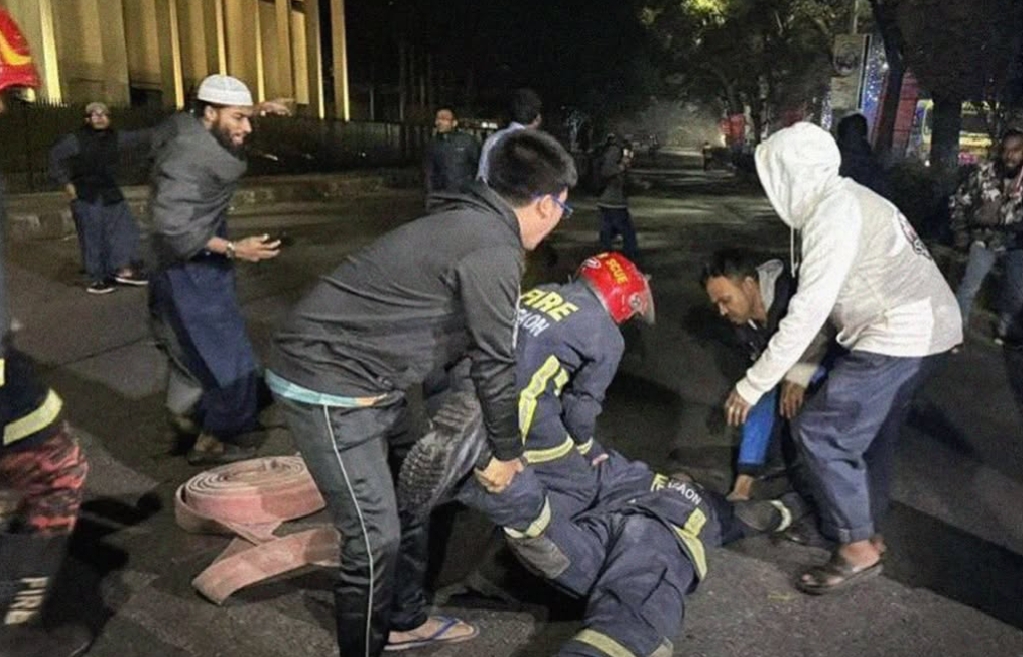
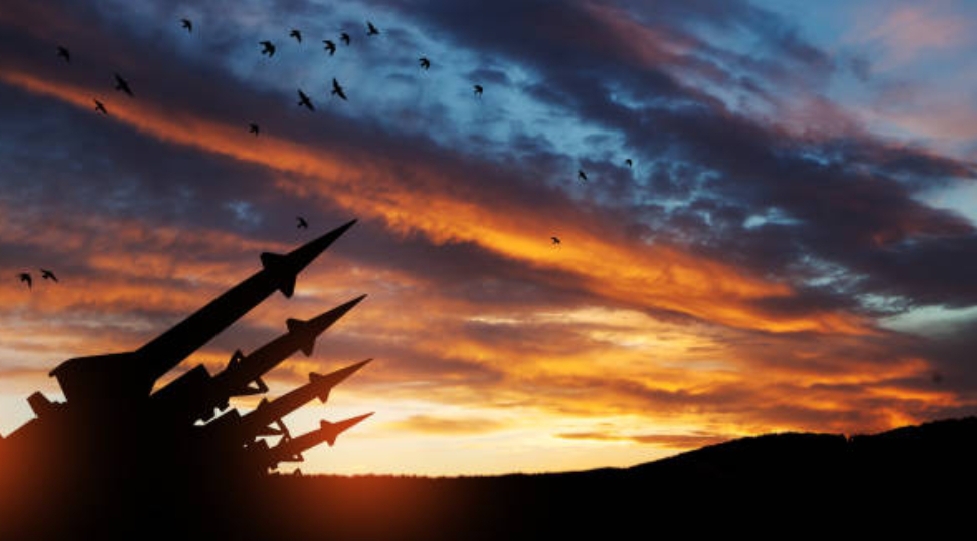
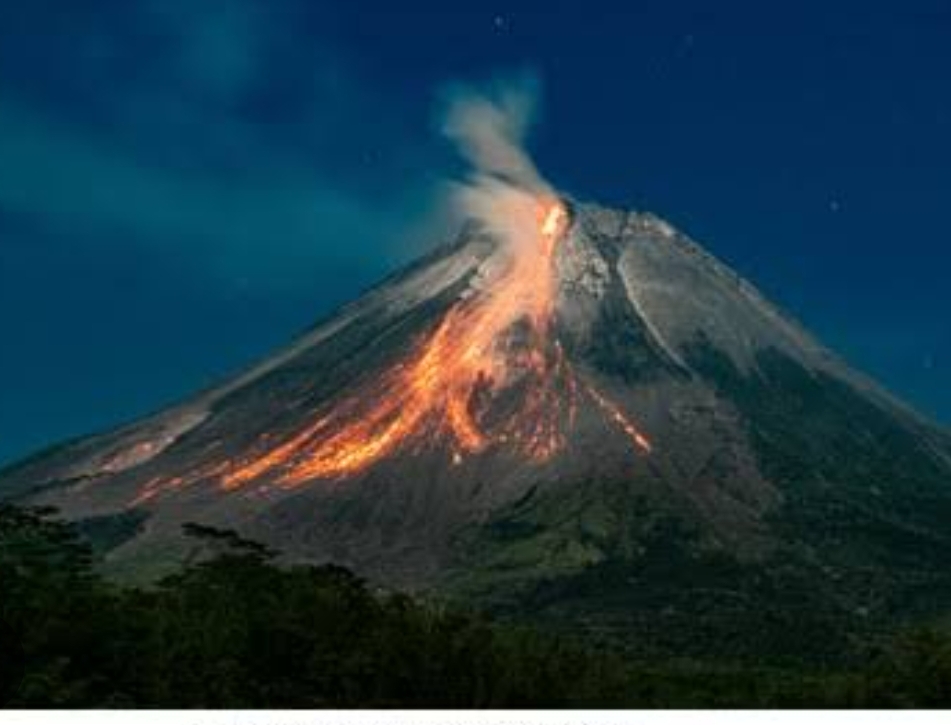



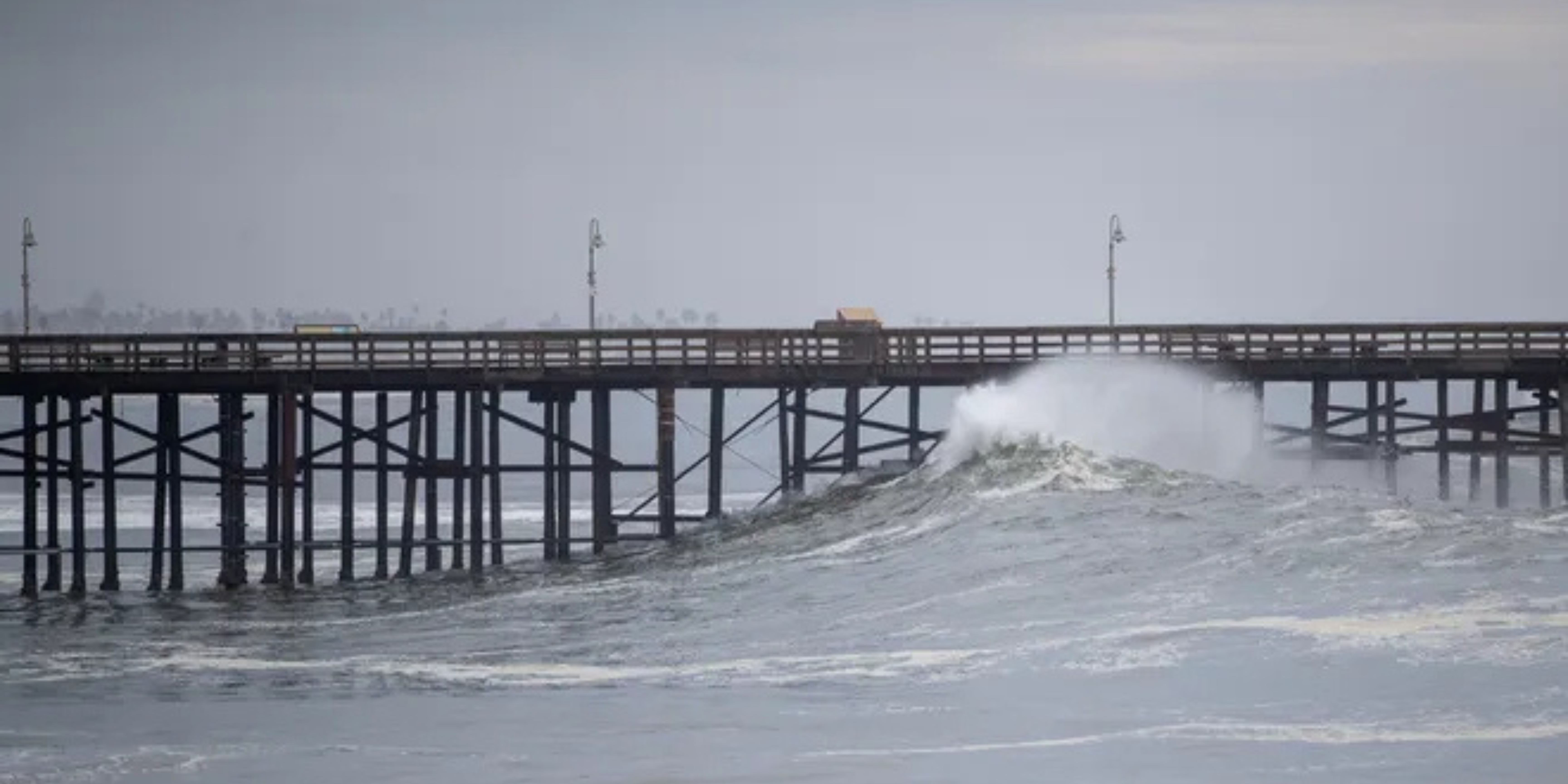



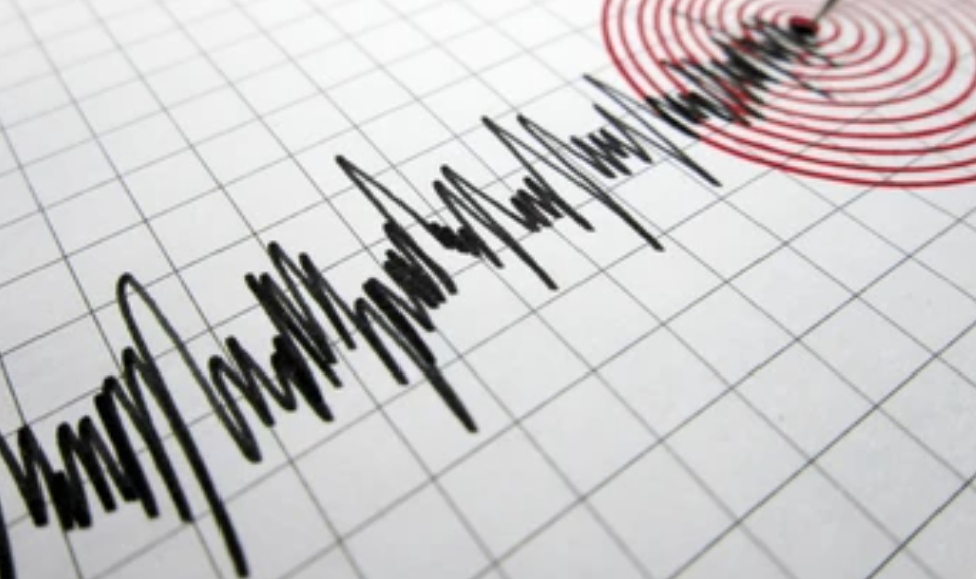

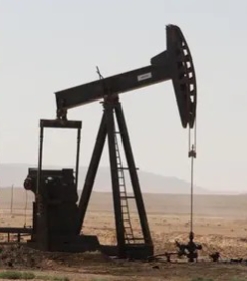





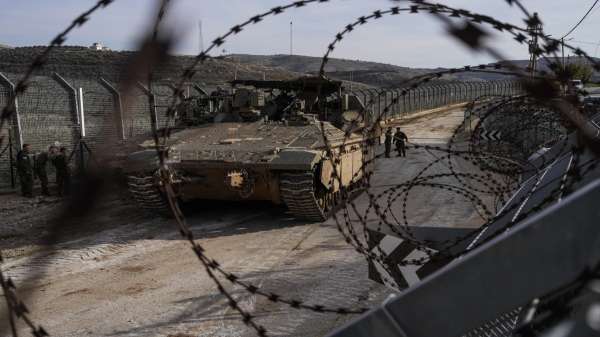
.png)




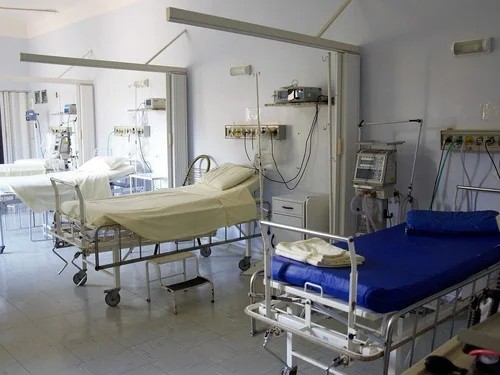
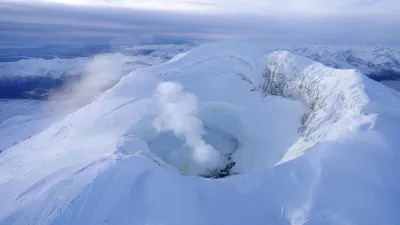


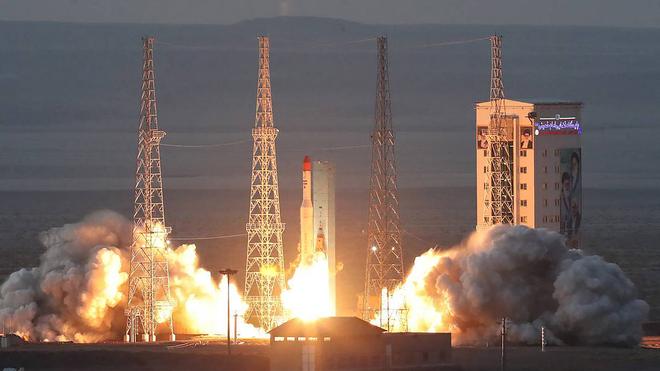


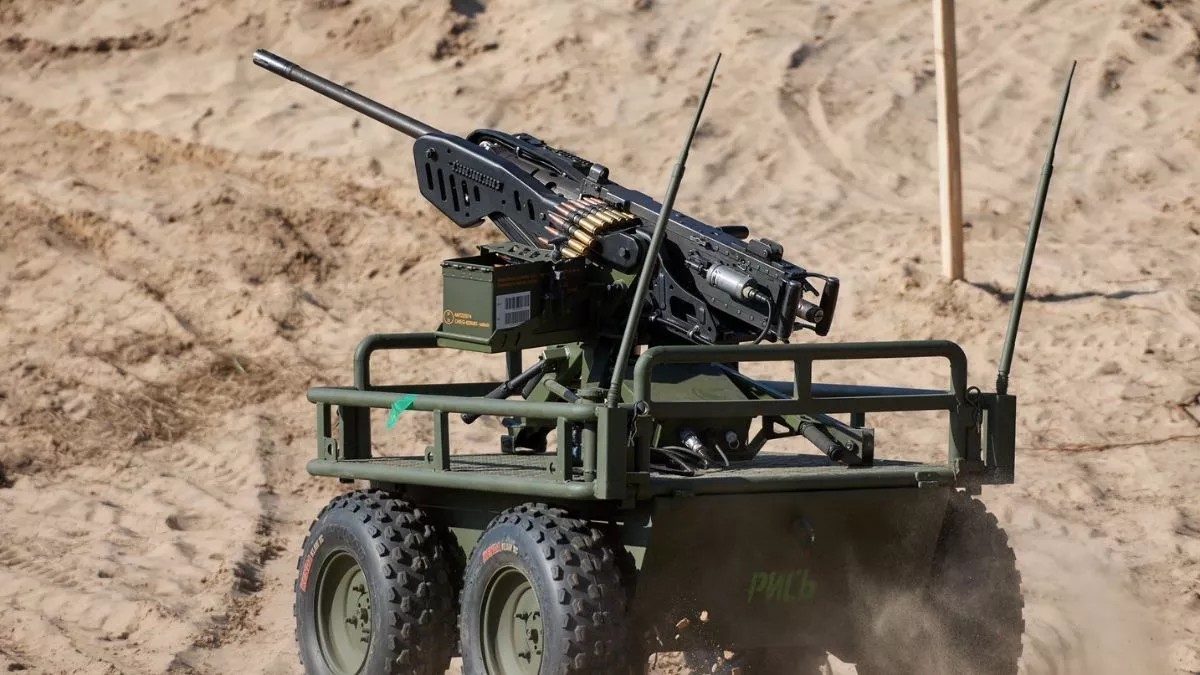


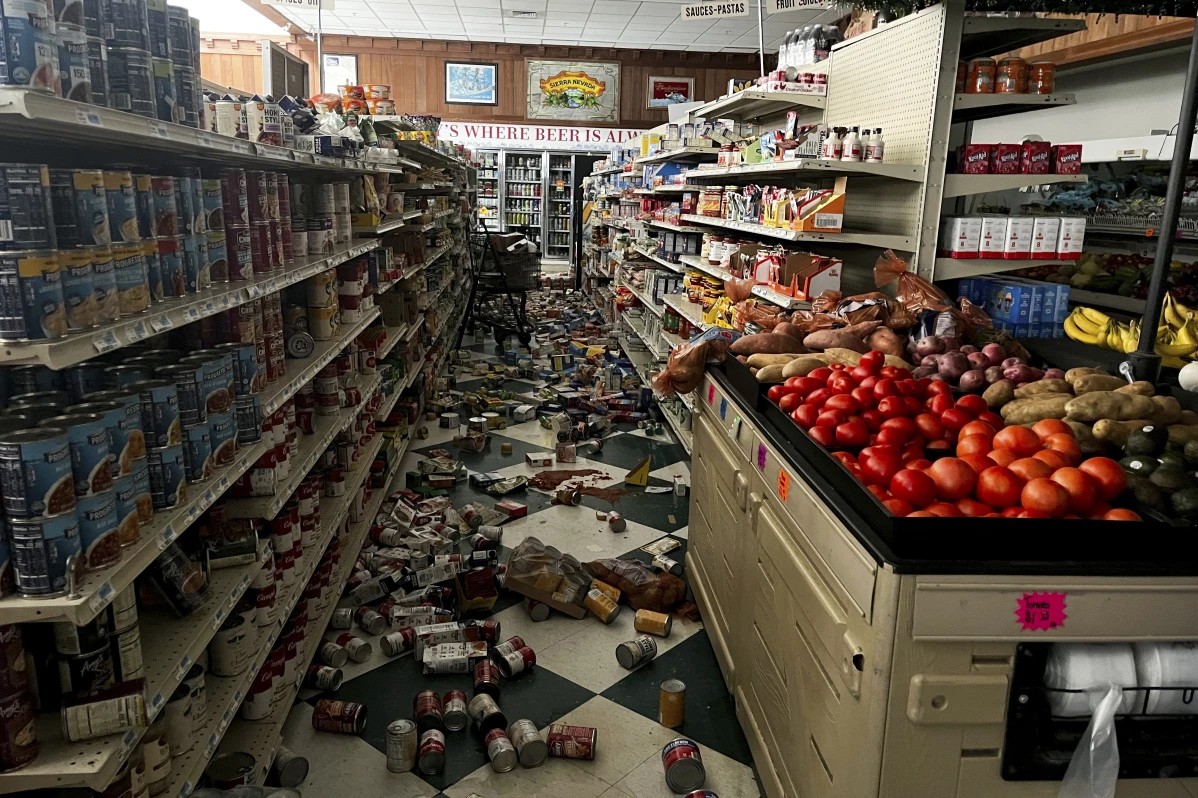


.png)

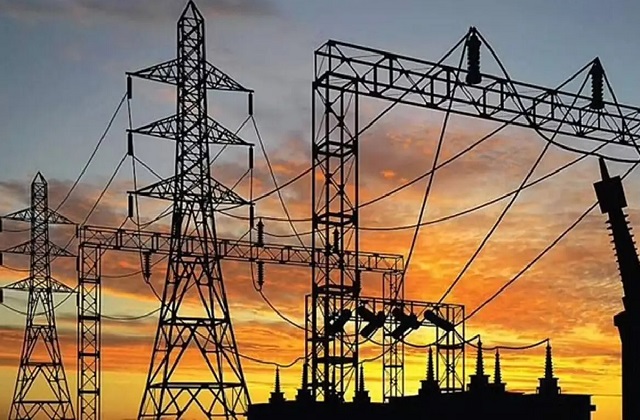
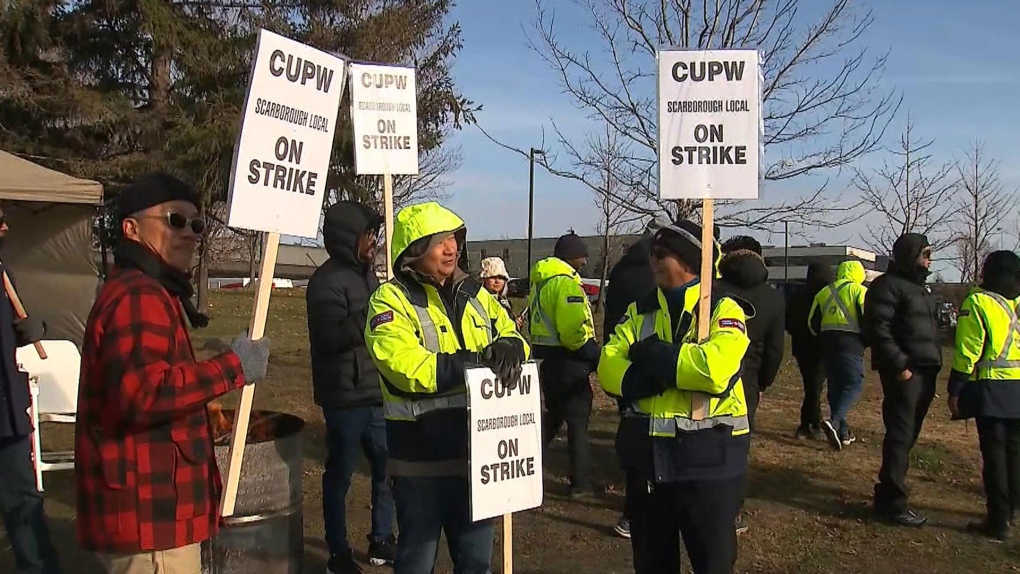
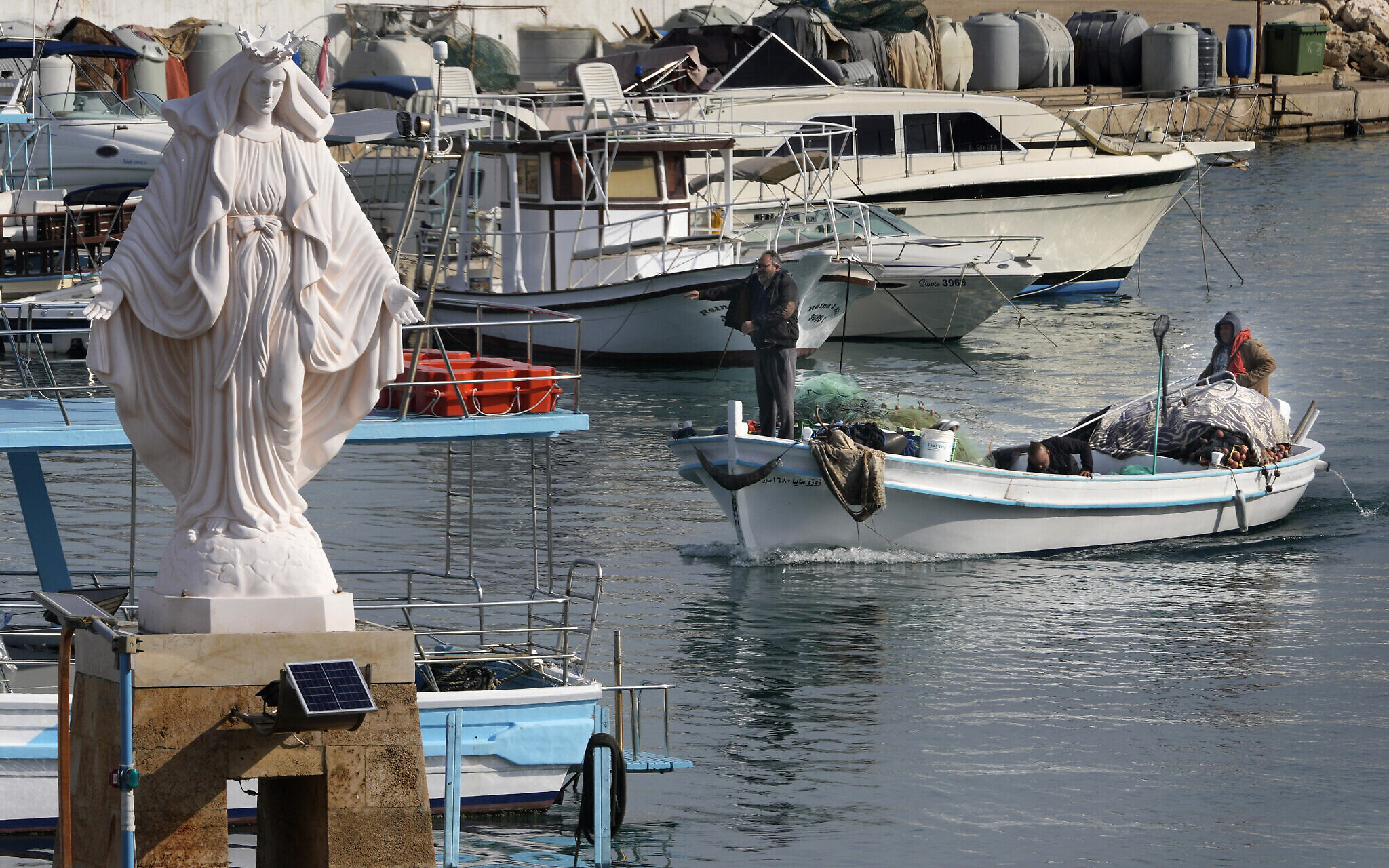
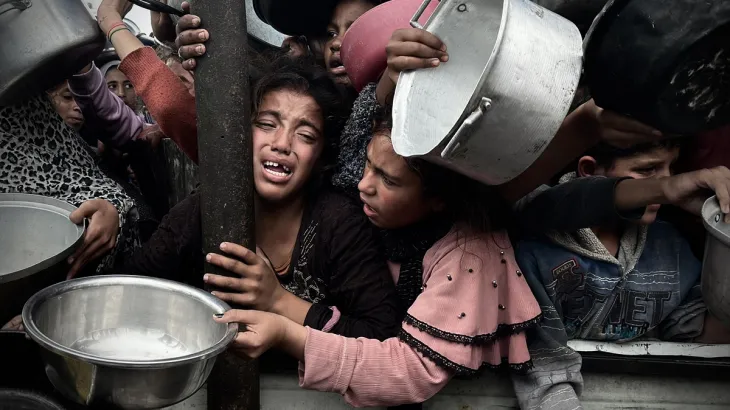

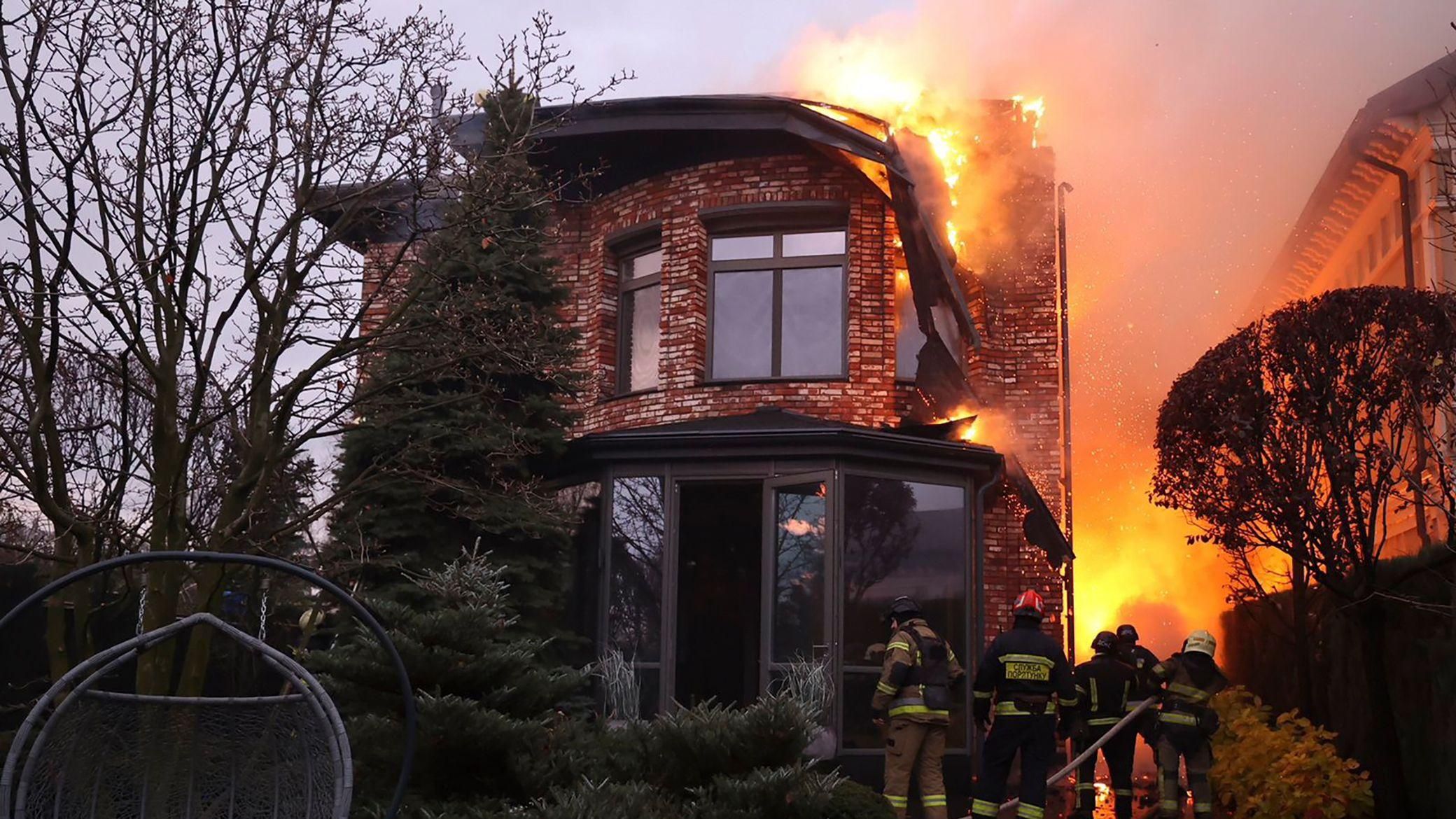
.jfif)
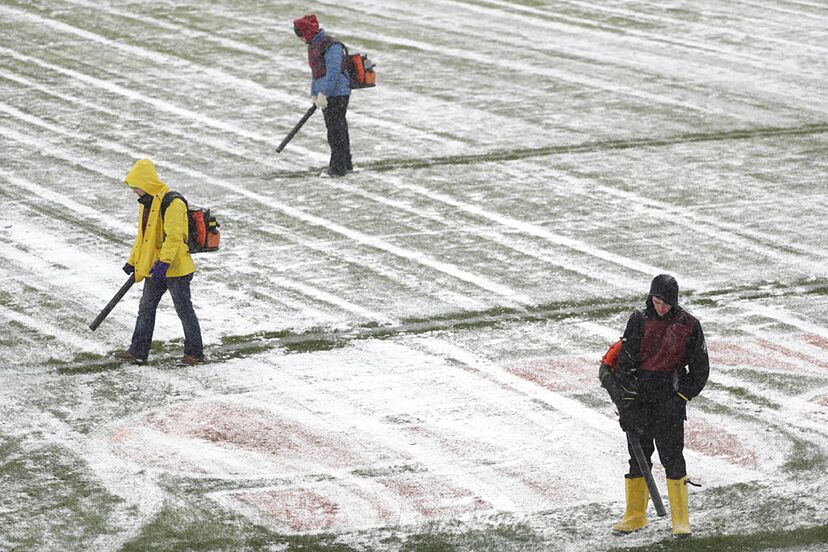

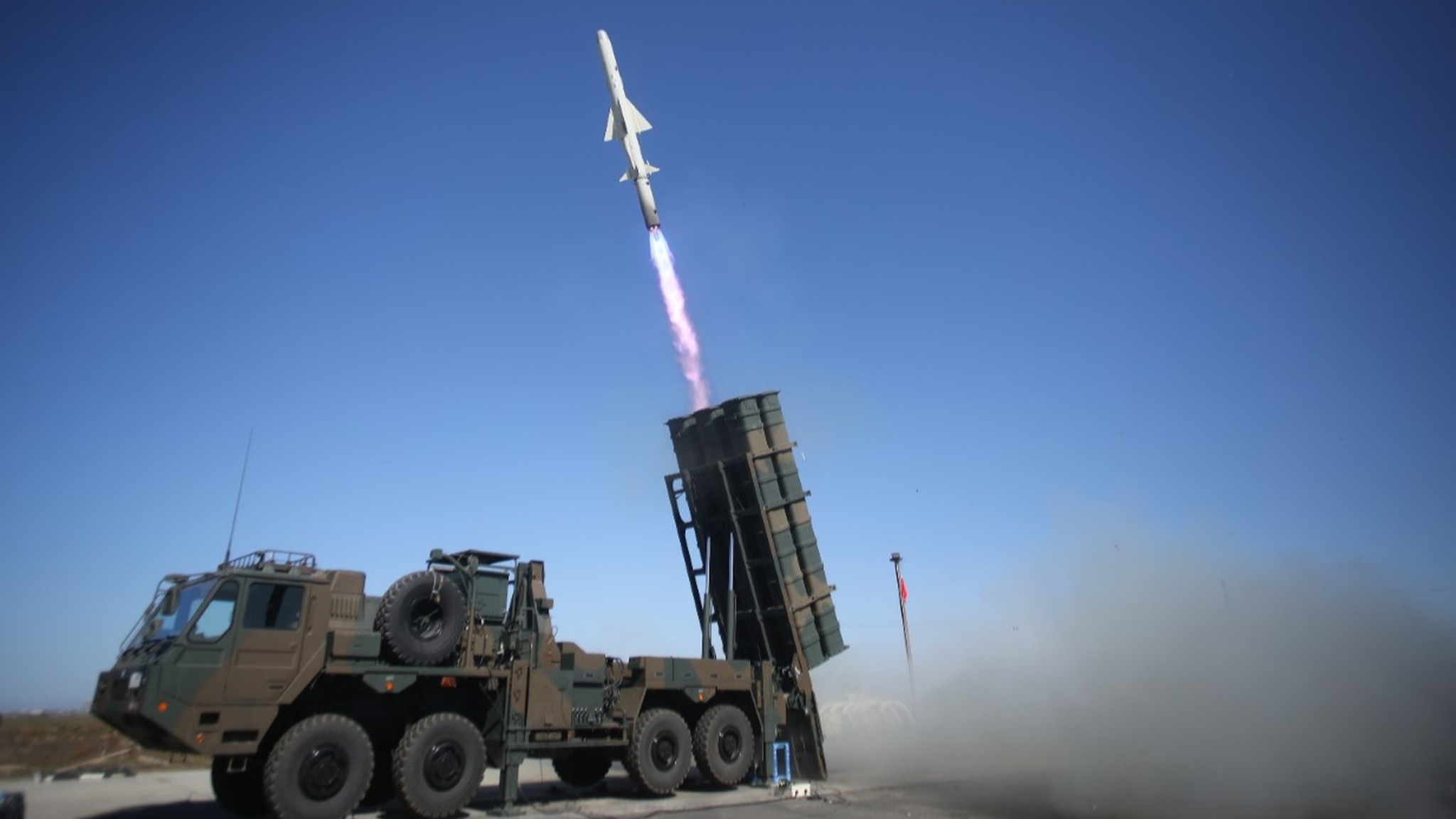
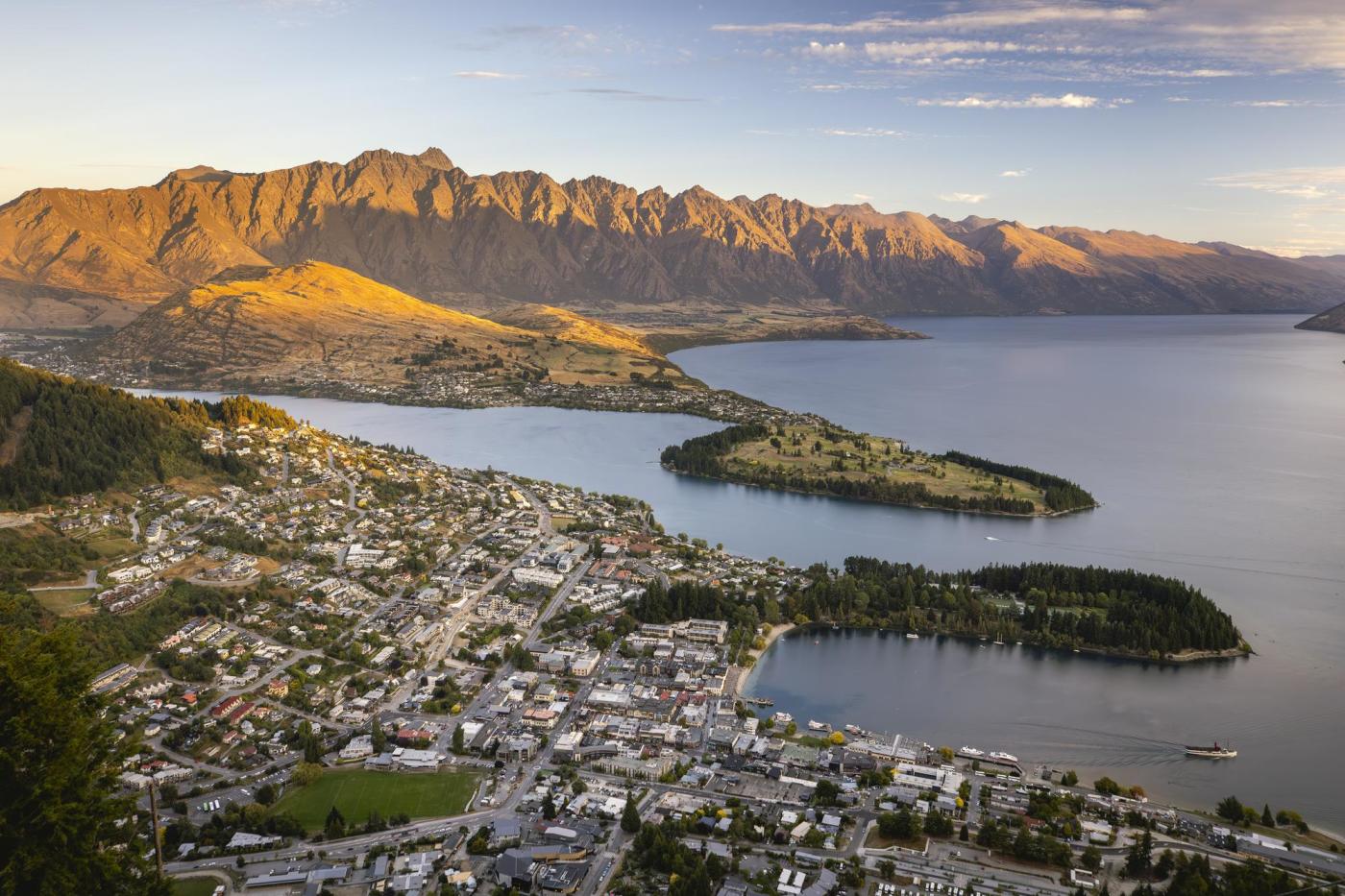





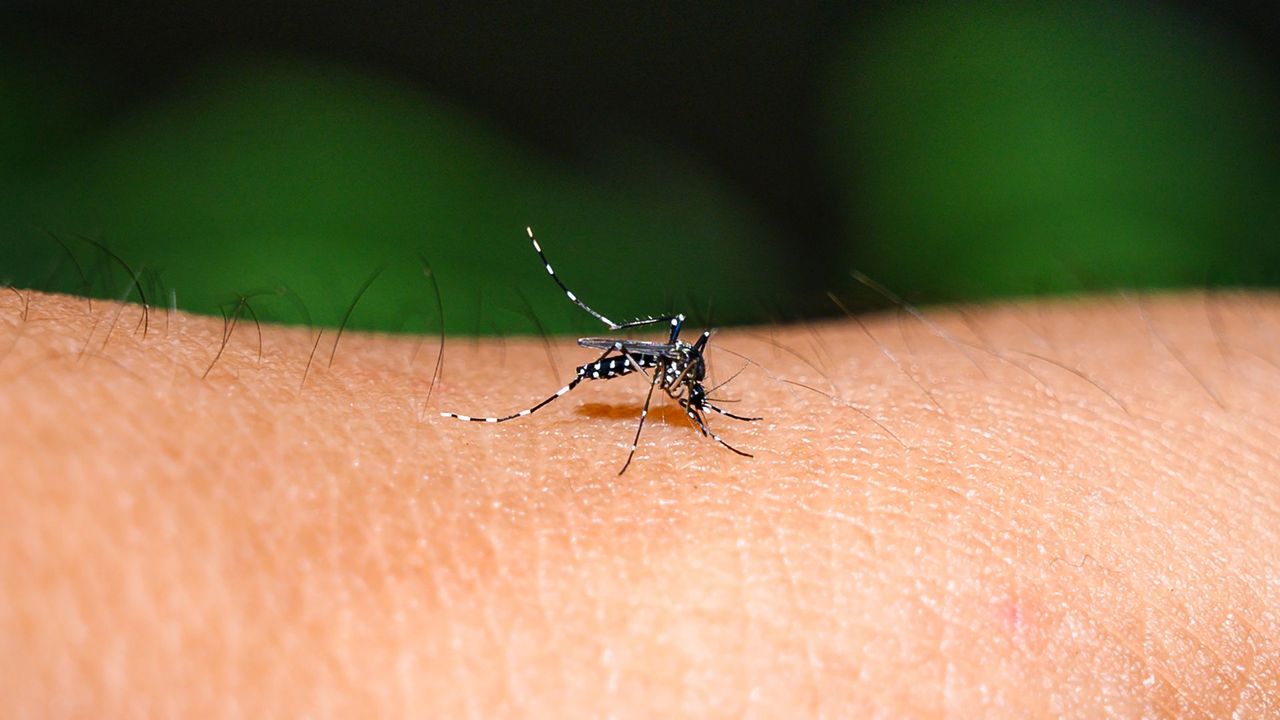

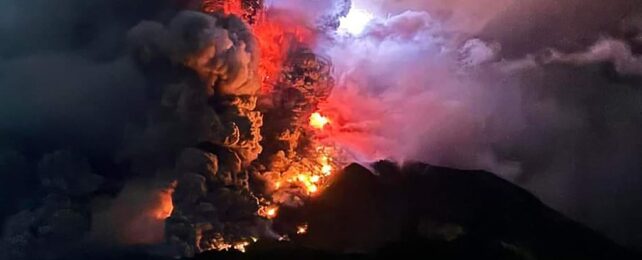



























































































.png)
 (1).png)























